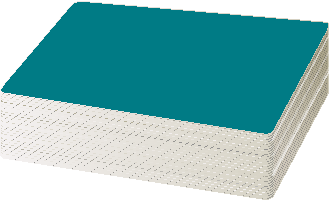Professional Learning
In the video clips below Phil Daro describes the principles associated with the 5x8 Card and the Common Core State Standards more generally.
How the 5x8 Card connects the CCSS-M
Phil Daro speaks on the merits of the 5x8 Card as a tool for teachers and administrators.
Formative Principles of the Common Core State Standards
Phil Daro speaks to principles that he and the other Common Core State Standards authors established when forming the standards. He also discusses the intention of the standards and their vision. Daro talks about the potential that the CCSS-M have to effect change in education in the United States.
"These define the content of a student's mathematical character."
Against "Answer-getting"
Phil Daro goes on to describe answer-getting, which is a problematic student practice that the Common Core State Standards address.
"Correct answers are essential... but they're part of the process, they're not the product. The product is the math the kids walk away with in their heads..."
Planning Chapters, Not Lessons
Phil Daro explains that planning individual lessons in isolation does not support thinking about mathematical concepts as well as chapter or unit planning does. He explains that “grain size" is a critical issue in mathematics instruction.
"There's a lot of value to getting it just about right, and a lot of cost to getting it wrong, and what we discovered is that mathematics does not break down into lesson-sized pieces."
Development of the 5x8 Card was led by Phil Daro through a SERP collaboration with the Oakland and San Francisco school districts.
SERP has been supported to conduct this work by The S.D. Bechtel, Jr. Foundation.
This work is licensed under a Creative Commons Attribution-NonCommercial-ShareAlike 4.0 International License.

